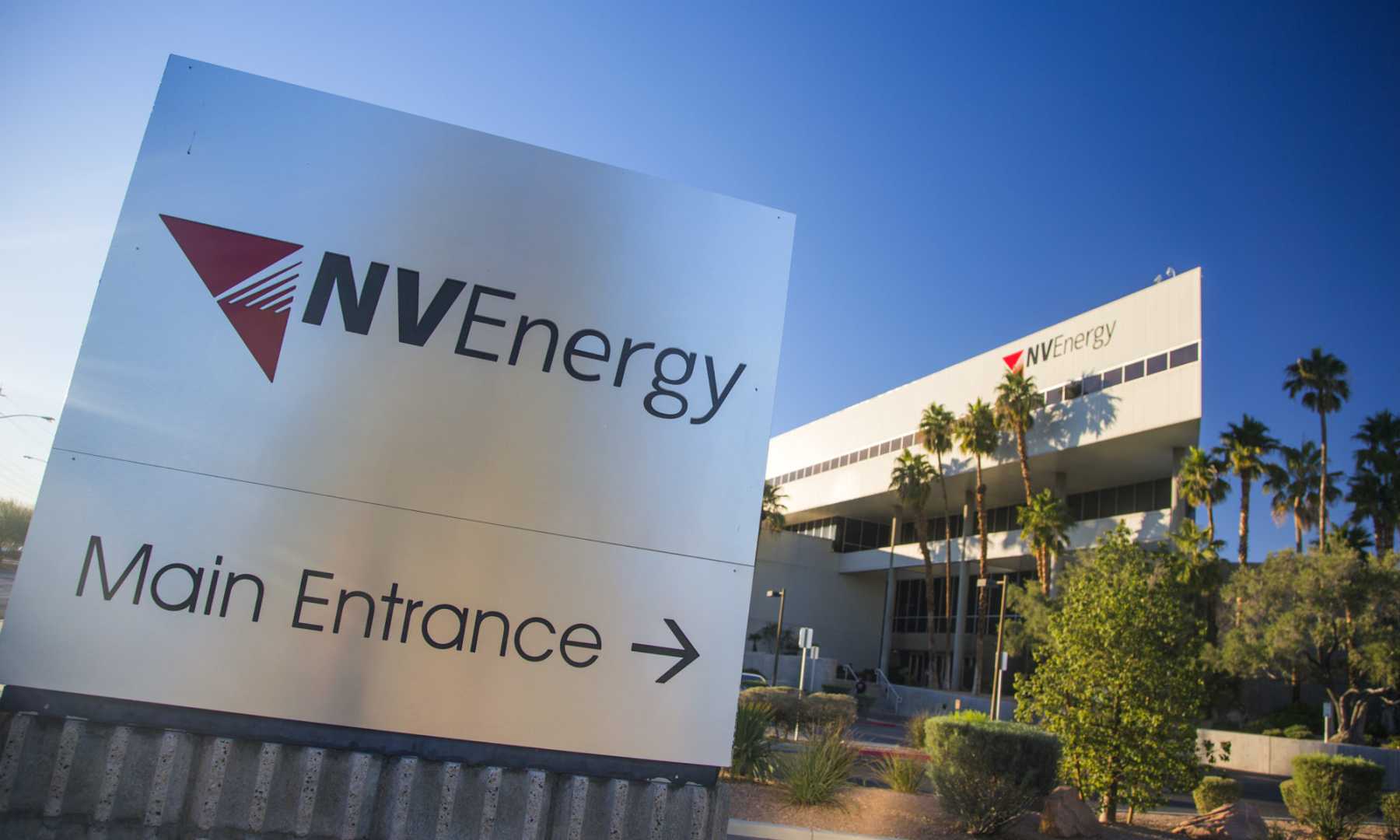Politics
Nevada Bill Seeks to Investigate Rising Energy Costs Amid Public Outcry

CARSON CITY, Nev. — Nevada state regulators may soon be tasked with investigating how fuel costs are affecting ratepayers, potentially leading to changes aimed at reducing electricity volatility.
Introduced by Assemblywoman Tracy Brown-May (D-Las Vegas), the bill recently advanced through the Legislature, spurred by growing concerns over dramatic increases in electricity bills from NV Energy, the state’s primary power supplier. For residents like Andi Kaufman, a single mother on a fixed income, the stakes are high. Kaufman reported her energy bill jumped from $91 to $245 last year despite her efforts to conserve energy. Similarly, Carol Polk experienced rising costs even after adjusting her usage habits.
NV Energy passes fuel costs directly through to its customers, meaning that when fuel prices surge—caused by factors such as supply chain disruptions from the pandemic or unpredictable weather events—those costs are fully borne by consumers. This pricing structure places significant financial strain on many households, particularly in times of economic instability.
To address this issue, the proposed legislation could mandate a “fuel cost sharing mechanism,” which would allow NV Energy to absorb part of the fuel cost increases instead of passing all expenses to customers. This model has seen adoption in several states, including Hawaii and Wisconsin, and is intended to incentivize utilities to invest in renewable energy sources to mitigate future cost spikes.
“Fuel cost sharing brings no harm to the utility and has an upside for customers,” said Rebecca Wagner, a former state energy regulator and a bill supporter, during a committee hearing on April 8. “It aims to ensure consumers are not excessively burdened during periods of high fuel prices.”
The bill stipulates that regulators determine an appropriate threshold for fuel cost sharing, ensuring it incentivizes NV Energy to manage fuel expenses wisely while protecting the utility from excessive financial risk. The specifics of the percentage to adopt are intentionally vague, leaving that determination in the hands of the regulators.
Despite the potential benefits, the bill has faced strong criticism from NV Energy officials. “AB452 is a shift backwards and a move in the opposite direction we should be taking as a state,” countered Janet Wells, NV Energy’s vice president of regulatory. Wells emphasized that current structures already protect consumers and lamented the change as unnecessary.
Proponents of the legislation argue that it will empower regulators to scrutinize how fuel costs are currently transferred to consumers, addressing an existing loophole that allows the utility to provide only partial refunds for overcharges. The bill also aims to extend regulatory timelines, improving oversight and accountability.
Hunter Stern, assistant business manager at IBEW Local Union 1245, voiced similar concerns about the impact of proposed changes on existing structures but acknowledged the importance of examining unconventional energy pricing practices.
In addition to addressing fuel costs, the legislation also seeks to enhance the regulatory process amid criticisms that NV Energy has been overloading regulators with filings, complicating accurate customer billing. “This level of NV Energy activity with limited regulatory guardrails makes it harder for ratepayers to know what they’re paying for,” remarked Christi Cabrera-Georgeson from the Nevada Conservation League.
As this legislative discussion unfolds, the potential for actionable change remains. State regulators will prepare a report assessing whether a fuel cost sharing rule would benefit Nevada’s energy landscape, to be submitted by July 1, 2026. The future may hold more stable energy costs for consumers if proposed measures gain traction, but NV Energy’s compliance and adaptability to new regulations will be closely monitored.












